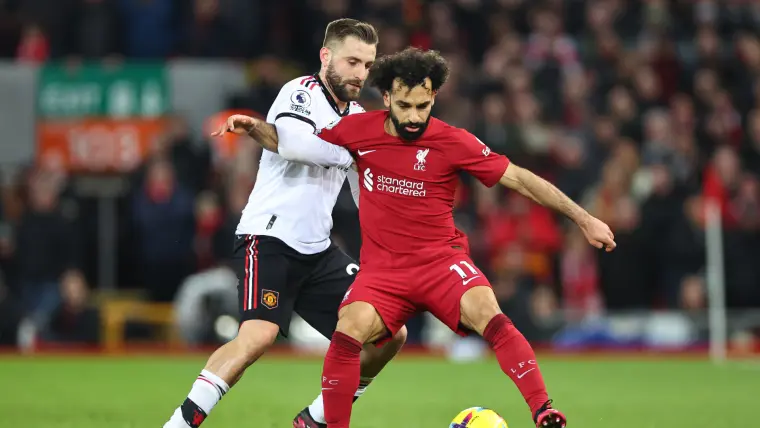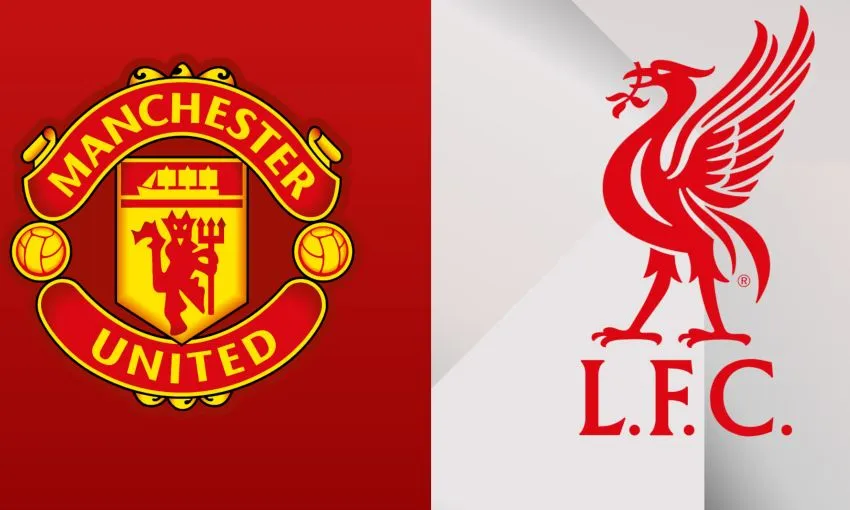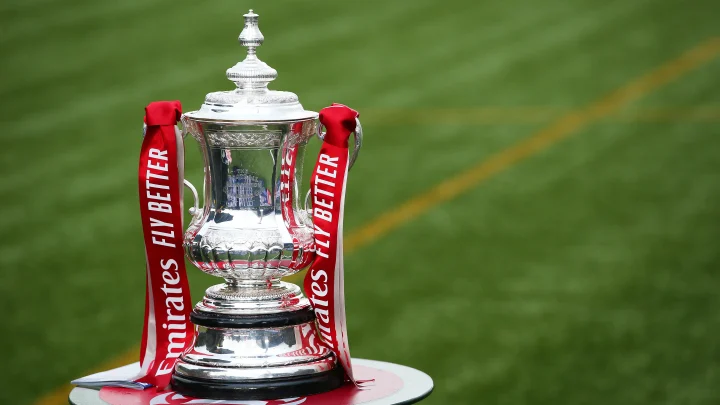The Football Association Challenge Cup, affectionately known as the FA Cup, is a timeless masterpiece in the world of football. As the oldest national football competition on the planet, it’s celebrated for its unpredictability, iconic upsets, and unwavering passion. In this comprehensive guide, we’ll uncover the inner workings of the FA Cup, from its format and qualification process to its rich history and significance.
The Format: A Knockout Spectacle
The FA Cup is a knockout competition, which means that the fate of participating teams hinges on the outcome of each match. The competition kicks off in August, but it’s not until January that the giants like Manchester United, Chelsea, and Liverpool make their grand entrance in the third round.
The charm of the FA Cup lies in its democratic draw system. Teams are randomly paired against each other in every round, without any seeds. This means that in theory, any team can face any other team, making every draw a thrilling moment of anticipation. However, there’s one exception: teams from the same division cannot clash until the third round proper. This ensures that, in the early stages, smaller clubs have the chance to challenge higher-division teams, resulting in some of the most memorable upsets in football history.
The Qualification Journey
The FA Cup is open to all clubs in the English football league system, spanning from the illustrious Premier League down to Level 9. While clubs from Levels 1 to 4 are automatically eligible to enter the FA Cup, clubs from Levels 5 to 9 must qualify for the competition. There are three primary routes to qualification:
- Winning the League: Clubs can earn their place in the FA Cup by being crowned champions of their respective league in the previous season. This achievement is a testament to their performance and consistency on the field.
- Reaching the Finals: Clubs that reach the final of their respective FA Trophy or FA Vase competition in the previous season also earn a ticket to the FA Cup. These competitions showcase the best of non-league football and provide clubs with a pathway to the prestigious FA Cup.
- Invitations from the FA: The Football Association (FA) extends invitations to select clubs based on various factors, including their previous season’s performance, the quality of their ground facilities, financial stability, and geographic location.
The FA’s method of invitation ensures that clubs across different divisions are given an opportunity to participate in the FA Cup, contributing to the tournament’s inclusivity and rich tapestry of stories.
Prize Money: A Rewarding Journey
The FA Cup Prize Money offers substantial to the clubs that compete in the competition. The winners of the FA Cup receive £1.8 million in prize money, a testament to their triumph in England’s premier knockout competition. The runners-up don’t go home empty-handed, with £900,000 as their reward.
As the competition progresses, the financial stakes rise. The clubs that reach the semi-finals earn £450,000 each, a significant financial boost. The quarter-finalists also receive a handsome sum, with £225,000 each. This financial incentive not only adds prestige to the competition but also ensures that teams of all sizes have a tangible motivation to perform at their best in every round.
Significance: A Beloved Football Tradition
The FA Cup holds a unique and cherished place in the world of football. Its status as the oldest national football competition is a testament to its enduring legacy. What sets the FA Cup apart is its inclusivity, as it welcomes clubs of all sizes and budgets, giving them a chance to compete against the giants of the English game.
The atmosphere in FA Cup matches is electric, with packed stadiums and passionate fans creating an unforgettable experience. The FA Cup isn’t just a competition; it’s an event that unites fans of all ages, backgrounds, and affiliations in their shared love for the beautiful game.
A Glimpse into History: The FA Cup’s Rich Heritage
The FA Cup has a storied history dating back to its inaugural season in 1871-72. Originally known as the Football Association Challenge Cup, it was initially open to all amateur clubs in England. It was only in 1883 that the FA Cup transitioned into a professional competition, setting the stage for iconic moments in English football.
One of the most enduring qualities of the FA Cup is its penchant for upsets. The competition has witnessed smaller teams from lower divisions defeating their more illustrious counterparts. These David vs. Goliath battles remain etched in the annals of FA Cup history.
In 1973, Wimbledon, a non-league team, sent shockwaves through the footballing world by defeating Liverpool, the First Division champions, in the third round. In 1989, Sutton United, another non-league team, created history by overcoming Coventry City, the reigning First Division champions, in the third round. These monumental upsets embody the FA Cup’s magic and its ability to create enduring memories.
Conclusion
In conclusion, the FA Cup is a truly unique and special competition. Its format, qualification process, prize money, and rich history contribute to its enduring allure. It’s not just a tournament but a celebration of football’s democratic spirit, where every club, regardless of its division, has a chance to create history.




